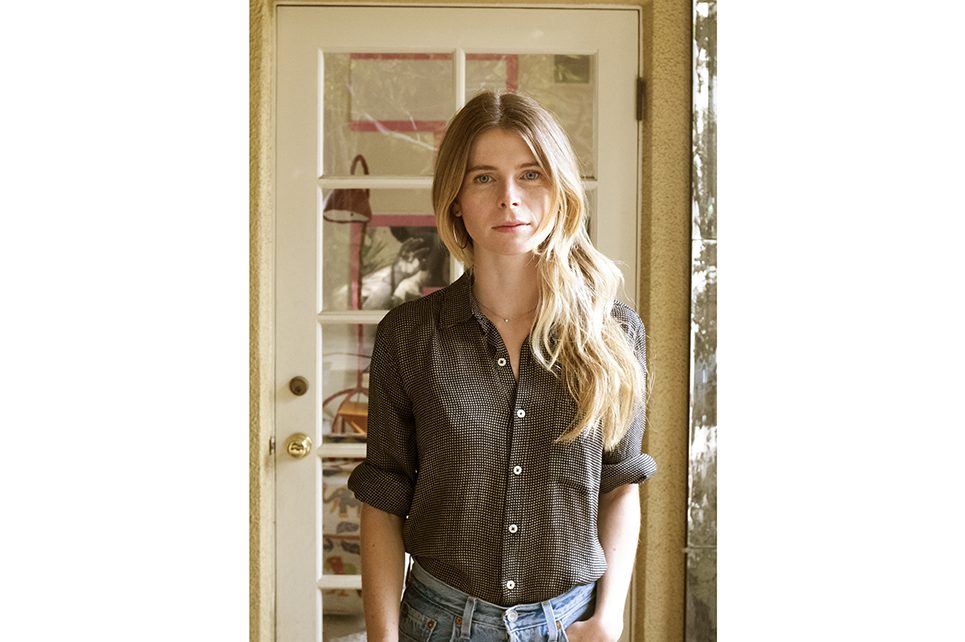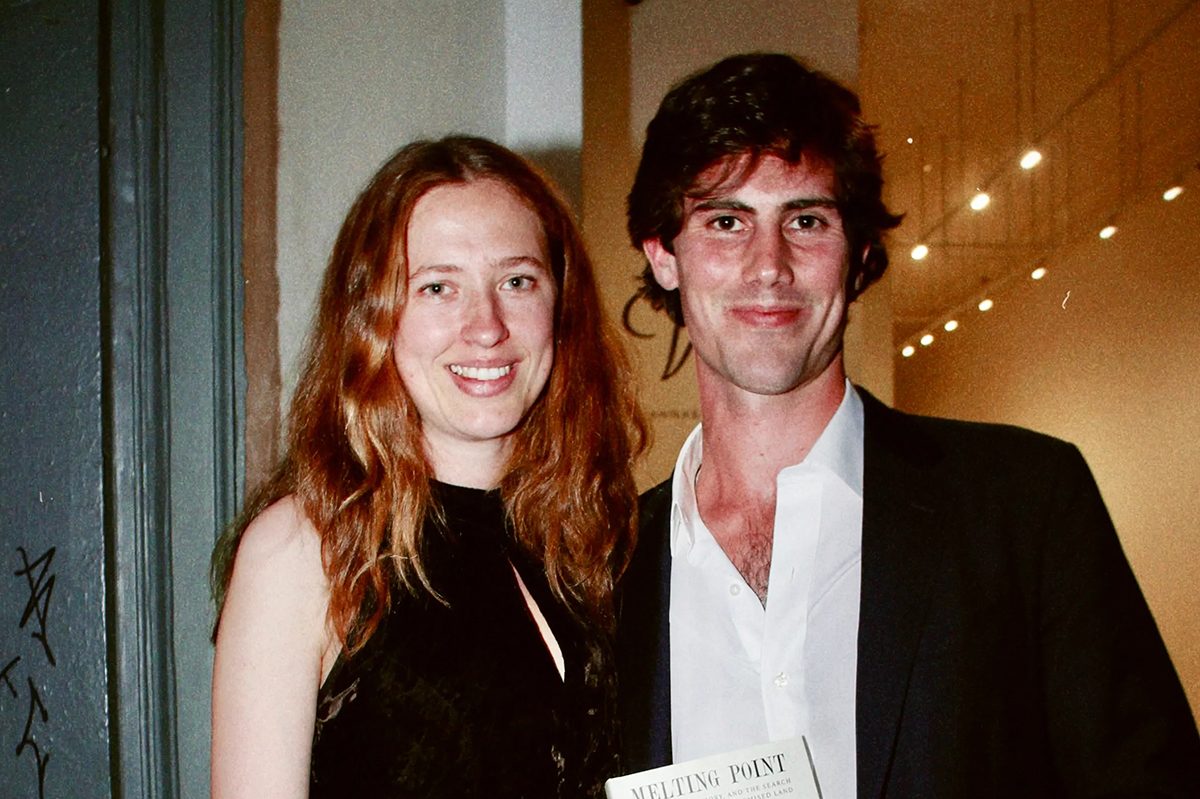This deeply unpleasant novel kept me reading all night. Twenty-two-year-old Alex preys on rich men as an upmarket prostitute, formerly in New York City and now in resorts such as the Hamptons. She is a thief and addict, sneaking her boyfriend’s sleeping pills, his valuable watch, a former roommate’s medication, random jewelry and any available alcohol, while lying to herself and others. Moving among the rich, she pretends to be one of them.
Writing about them in their vacation homes, Emma Cline is skillful and observant:
The women had a funny, girlish air: their tiny steps, their uncertain smiles, satin bows in their ponytails, though most of them were probably over sixty, raised in a time when childishness was a lifetime female affect.
Alex, superficially deferential, is, however, losing her touch. Early on she prangs her boyfriend’s car, lies about it, and is exposed by his housekeeper. As with any story about a protagonist on the run (Alex gets increasingly desperate), I was on tenterhooks to know whether she would get caught for her many other misdemeanors.
Cline seems to relish characters who live on the margins. Her brilliant first novel The Girls was about Evie, a confused adolescent with problems at home, living on the periphery of Charles Manson’s murderous commune in 1969. Cline also showed us Evie in middle age, inspiring our sympathy. But in The Guest, Alex’s back-story is omitted: there’s just a hint of where she’s from — “land, green and golden” — presumably the Midwest.
I was puzzled by why Cline leaves Alex so unmoored. Does she want to show that sometimes there is no reason for a person to act badly? Or is she making a bigger point — about materialistic greed in contemporary life, where an envious outsider can have it all and get away with it if she knows how? Or is she instead suggesting that such predatory behavior far from home will often end badly?
I thought of two other unscrupulous, go-getting women: Becky Sharp and Scarlett O’Hara. Both are capable of affection for two more innocent females — Amelia in Vanity Fair and Melanie in Gone with the Wind. Becky and Scarlett are also colorful, fun and very alive. Alex is none of those things, and ultimately left me cold. She seems dreary and friendless.
Please could Cline write another novel as good and insightful as The Girls?
This article was originally published in The Spectator’s UK magazine. Subscribe to the World edition here.

























